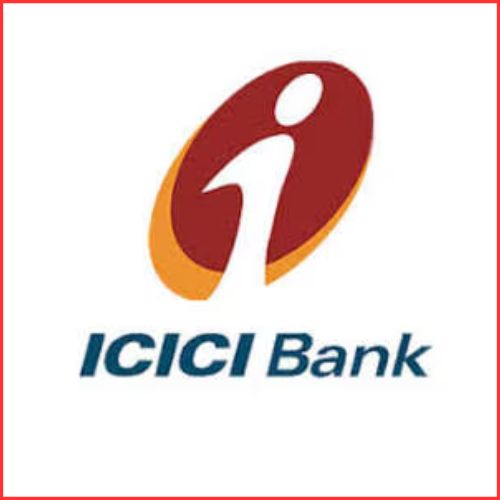SEBI reportedly said to the parliamentary committee that, “Given that crypto products are unregulated, prominent public figures including celebrities, sportsmen, etc. or their voice shall not be used for endorsement/advertisement of crypto products.”
SEBI has recommended that no ‘prominent public figures should endorse crypto products. The market regulator proposed that companies advertising cryptos and digital assets should also put up disclosures listing out possible law violations.
Till now, crypto has not been regulated and has been declared virtual digital assets (VDA) for taxation purpose only. Since VDAs are a risky category, SEBI wants prominent personalities with a huge following to avoid endorsing crypto.
SEBI communicated and clarified its position to the Parliamentary Standing Committee on Finance, when members quizzed officials on various aspects of crypto last month. Now, the regulator has submitted a detailed response in writing. The Finance Ministry has also asked the regulator to give its views on advertisement and also forwarded guidelines by Advertising Standards Council of India (ASCI), sources added.
In response, the SEBI reportedly said that, “Given that crypto products are unregulated, prominent public figures including celebrities, sportsmen, etc. or their voice shall not be used for endorsement/advertisement of crypto products.”
The market regulator further added that prominent public figures should be held responsible for making such endorsements which is a possible violation of the Consumer Protection Act or any other law. SEBI suggested that the given disclaimer by the ASCI must add the possible law violations in crypto transactions. “Dealings in crypto products may lead to prosecution for possible violation of Indian laws such as FEMA, BUDS Act, PMLA, etc.”
Given the volatile nature of cryptos and consumer interest, SEBI’s proposal may not be completely unwarranted.
The Advertising Standards Council of India (ASCI) had published crypto advertising guidelines in February and the Finance Ministry had urged the SEBI to share its stance on such ads. Infact, ASCI Secretary General Manisha Kapoor has earlier said that cryptocurrency “is an emerging area of concern”. ASCI has been examining additional and fresh guidelines required to protect the interests of consumers.
Last November, amid crowding of crypto ads featuring celebrities, Prime Minister Narendra Modi had chaired a meeting and it was strongly felt that attempts to mislead the youth through over-promising and non-transparent advertising be stopped.
After that, the ASCI consulted with different stakeholders, including the government and the VDA industry to frame guidelines for advertising and linked services. These were released in February and came into effect on April 1.
As per the ASCI guidelines, all ads must carry a disclaimer saying, “Crypto products and NFTs are unregulated and can be highly risky. There may be no regulatory recourse for any loss from such transactions.” Such a disclaimer must be made in the following manner so that it is prominent and unmissable by an average consumer, the advertising watchdog has said.
The statement from SEBI and ASCI comes at a time when over the last few weeks, the crypto market has witnessed a steep decline. There is unrest in the market caused due to TerraUSD’s Luna’s recent crash from $116 on April 5 to $O May 13, which depicts a 100 per cent decrease in its value. Moreover, world’s biggest cryptocurrency, Bitcoin has dropped 35.75 percent YTD and is currently at Rs 22.85 lakh. It has lost more than half of its value since it hit an all-time high of $69,000 in November last year.
Penalty for misleading ads
The Consumer Protection Act, 2019, also firmly puts the onus of due-diligence on the celebrities for claims in all ads. If an advertisement is found to be false or misleading, the Central Consumer Protection Authority can issue directions to discontinue or modify the ad to the concerned manufacturer or celebrity endorsers of the product.
The CCPA can also levy a penalty of up to ₹10 lakh on the celebrity endorser for a false or misleading ad in the first instance and penalties can go up for ₹50 lakh for any further instances of false and misleading claims in ads.
It can also prohibit celebrities from endorsing any other products for up to three years. However, it adds, “No endorser shall be liable to a penalty if he/she has exercised due diligence to verify the veracity of the claims made in the advertisement regarding the product or service being endorsed by him/her.” The Consumer Affairs Ministry is also expected to soon finalise the guidelines for prevention of misleading advertisements under the Consumer Protection Act.
But another slight concern voiced against the market regulator’s recent statement is ‘Impeding right to earn’. Lloyd Mathias, Business Strategist and Independent Director, said, “A complete ban on advertising a specific category is one thing. But if it there is no ban on advertising the product, then determining who can endorse that product or not is just not debatable.” He added that this can also impede any public personality’s fundamental right to earn.















